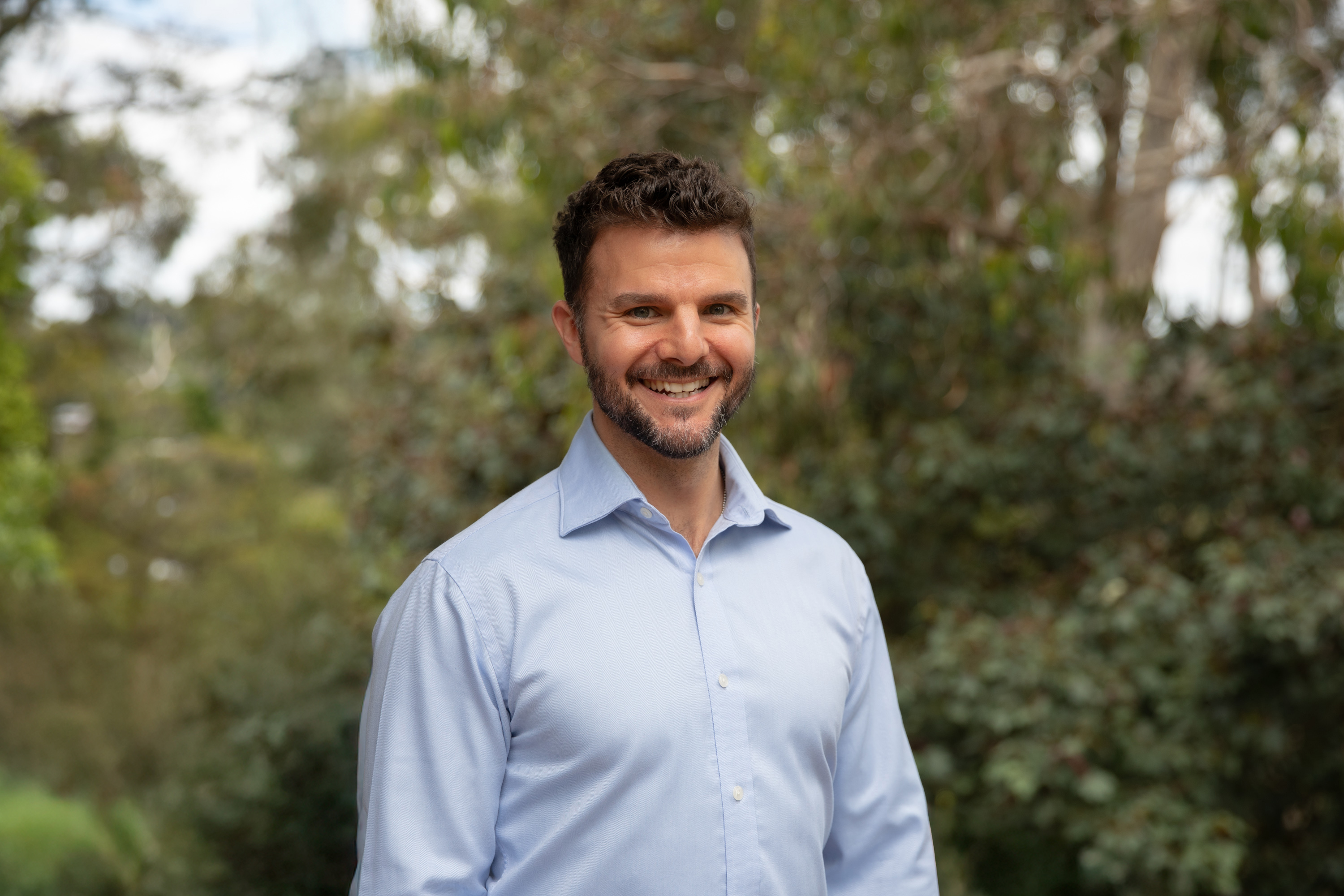This blog navigates…
Anxiety feels like a storm you can’t outrun
Your chest tightens. Your thoughts race. Your breath feels shallow.
You try to focus, but everything feels like too much.
Anxiety doesn’t always look like panic attacks or uncontrollable fear. Sometimes, it’s the constant hum of worry in the background of your day. A restlessness that makes it impossible to relax. A mind that won’t switch off, no matter how exhausted you feel.
But why does it happen? And what can you do about it?
Why anxiety feels so overwhelming
Anxiety thrives in uncertainty.
When we don’t know what’s coming next, our brain tries to predict, prepare, and control everything.



The problem? Most of these thoughts are based on fear, not reality.
We get stuck in a cycle:




It’s exhausting. But you’re not alone in this.
What anxiety feels like: The physical symptoms
Anxiety isn’t just “in your head.” It lives in your body.









Why does this happen?
Your brain perceives a threat – even if it’s just uncertainty about the future – and activates your body’s “fight-or-flight” response. It’s trying to keep you safe, but instead of protecting you from real danger, it leaves you feeling trapped in fear.
What anxiety feels like: The mental symptoms
Anxiety often feels like your mind is working against you.






It’s frustrating because you know these thoughts aren’t always logical, but that doesn’t make them go away.
How to calm an anxious mind
Anxiety wants you to spiral. You don’t have to listen.
Here’s how you can start breaking the cycle:


When your body is in fight-or-flight mode, breathing deeply signals to your brain: “I am safe.”
Try this simple 4-7-8 breathing technique:



Repeat a few times and notice how your body responds.


Instead of spiraling into “what if” scenarios, ask yourself:



Anxiety feeds on uncertainty. Bringing your attention back to the present helps ground you.


Not everything is yours to fix. Not every problem needs a solution right now.



Simplifying your focus can lower anxiety levels significantly.
Anxiety doesn’t define you – You’re more than your worries
You’ve faced uncertainty before. You’ve handled challenges. You’ve made it through difficult moments. You can do it again.

And if you need support, you don’t have to figure it out alone. Book a free consultation here and take the first step towards getting on top of your feelings of anxiety.

